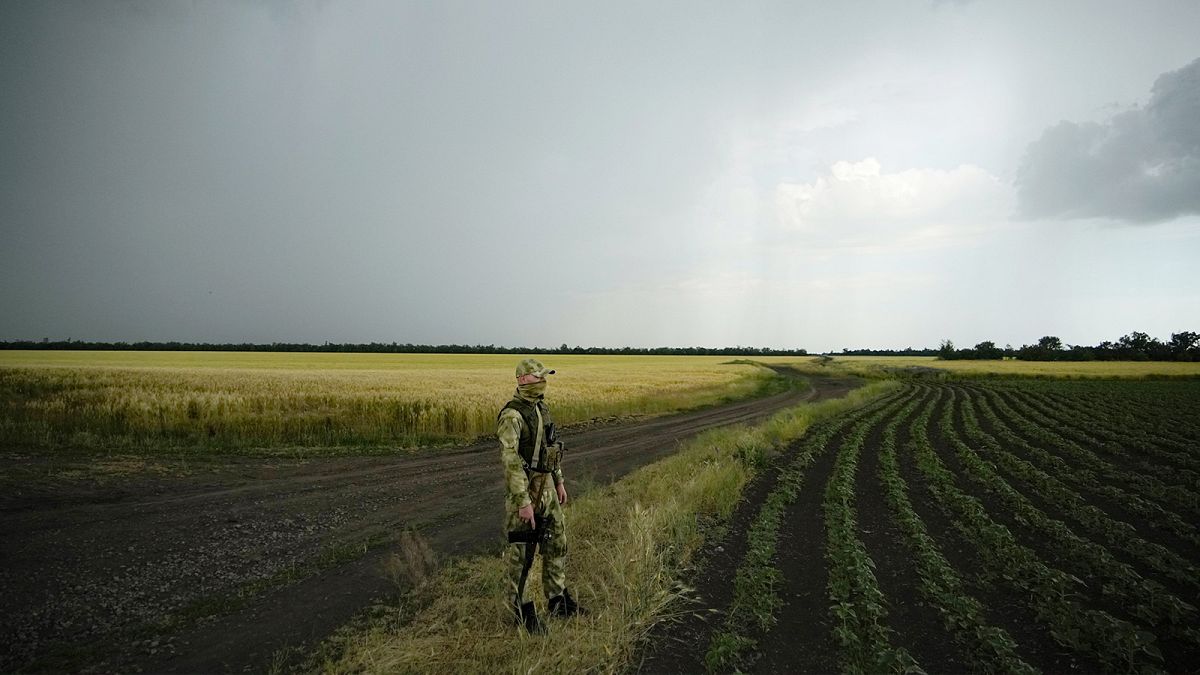
The United Nations has also raised alarms about the potential economic chaos that could arise if the situation persists. The UN has urged all parties involved to avoid escalating the dispute further, emphasizing the critical role of oil production in Libya's economic recovery. The shutdown not only jeopardizes the country's ability to meet its oil export commitments but also risks losing vital international oil importers.
The political and economic ramifications of this oil shutdown are far-reaching. The National Oil Corporation (NOC) has warned that if the situation is not resolved promptly, Libya might have to declare force majeure, which would allow international oil companies to seek alternatives outside Libya. Such a move could result in long-term damage to Libya's oil industry, affecting not just the economy but also the global oil market.
The protesters argue that their actions are necessary to highlight the longstanding neglect of the Fezzan region, which they claim has been marginalized by the central government. However, the Oil Ministry has called for a resolution to the grievances through dialogue, warning that the continued closure of oil fields could lead to irreversible economic damage.
The situation remains tense as stakeholders, including international partners, closely monitor the developments. The UN's involvement underscores the global concern over Libya's stability, with the risk of prolonged unrest potentially leading to further disruptions in the region's oil supply, which could have broader implications for global energy markets.
As the standoff continues, the urgency for a peaceful resolution grows, with Libya's economic future hanging in the balance. The international community, including the United Nations, remains vigilant, pushing for a swift resolution to prevent further economic fallout.
Topics
Spotlight
